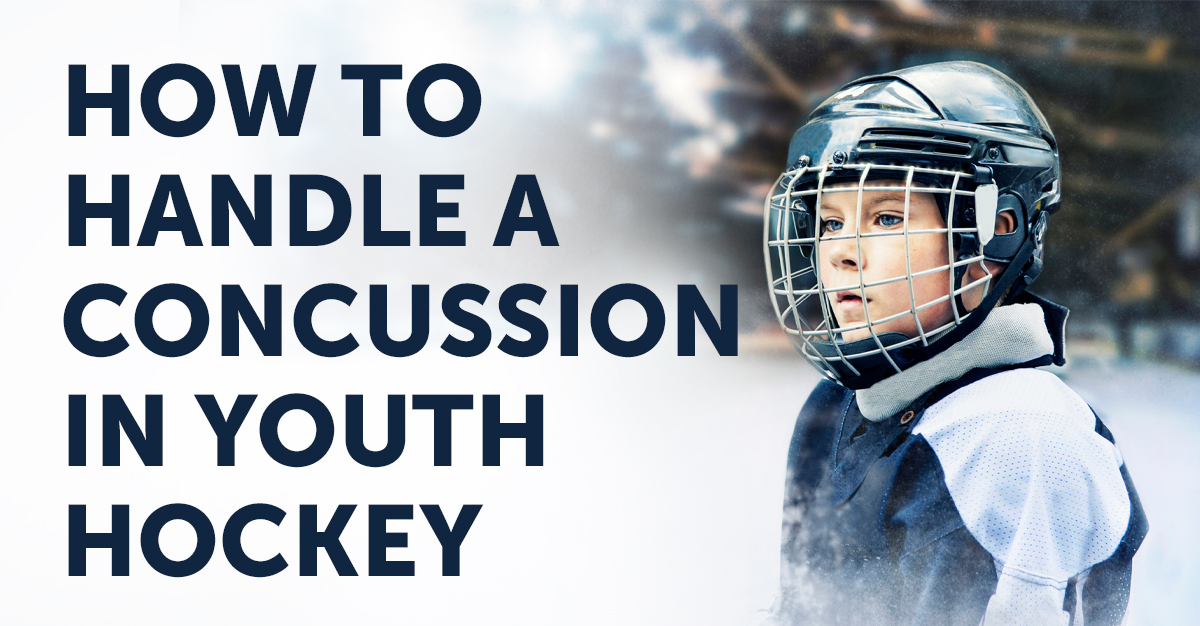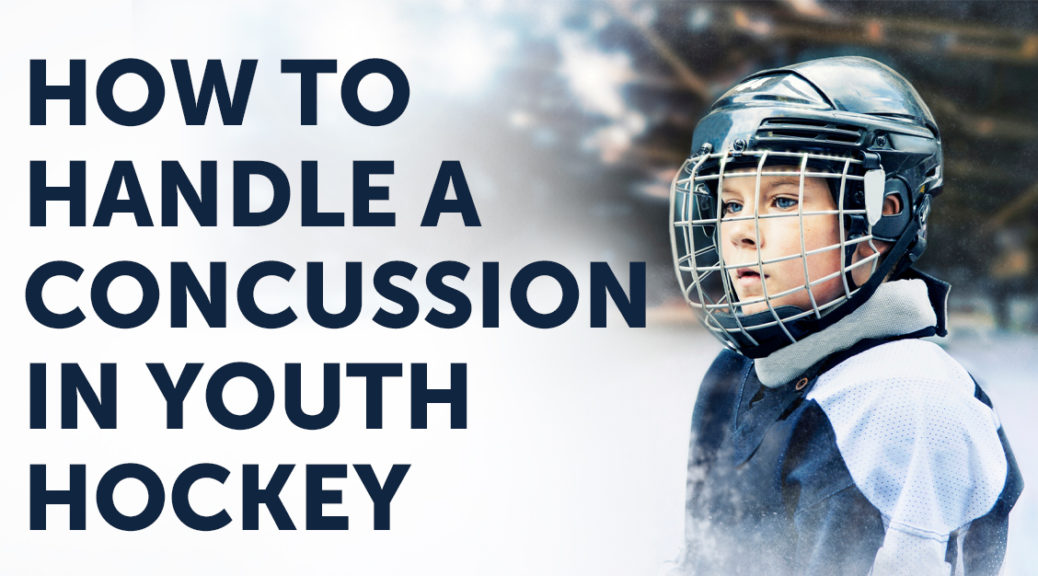
Youth hockey is very much a contact sport so it’s no surprise that concussion is a particular problem that arises quite regularly. It’s a real concern though because while concussion can be quite a mild injury, it can also be serious but it’s difficult to detect the severity of it without medical intervention. The problem arises, especially in youth hockey circles when players don’t report their concussion injury specifically for fear they will lose out on the remainder of a game or any future games. Of course, that is incredibly naïve, but you’re dealing with young people who aren’t mature enough to understand the complexities and possible dangers of the injury.
In youth hockey, the players are exuberant and excited about every moment they get on the ice. If they receive a blow to the head, generally their aim is to bounce back as quickly as possible. However, a concussion in youth hockey can be debilitating and crucially, it requires firstly medical attention and then it requires a huge degree of rest in order to help the recovery. The victim also should be monitored at the early stages by a parent. Education is required also by coaches to make players understand how to avoid or prevent concussion through their skills in the game.
The guys at Tucker Hockey have created this comprehensive infographic below that covers everything you need to know about concussion specific to youth hockey, although the elements are transferable to youth players in any sport. It explains some interesting concussion-related statistics; it outlines the symptoms of a concussion; it details how players, coaches, and parents should react to an instance of concussion and it also looks at recovery from the injury plus lots more. Check out the full graphic below!

If a child experiences a concussion and struggles with recovery, physical therapy can help. Physical therapists that have return-to-play programs are able to guide patients through a stepwise protocol. This helps athletes remain symptom-free and to prevent serious conditions associated with a second head injury due to early return to sport.

